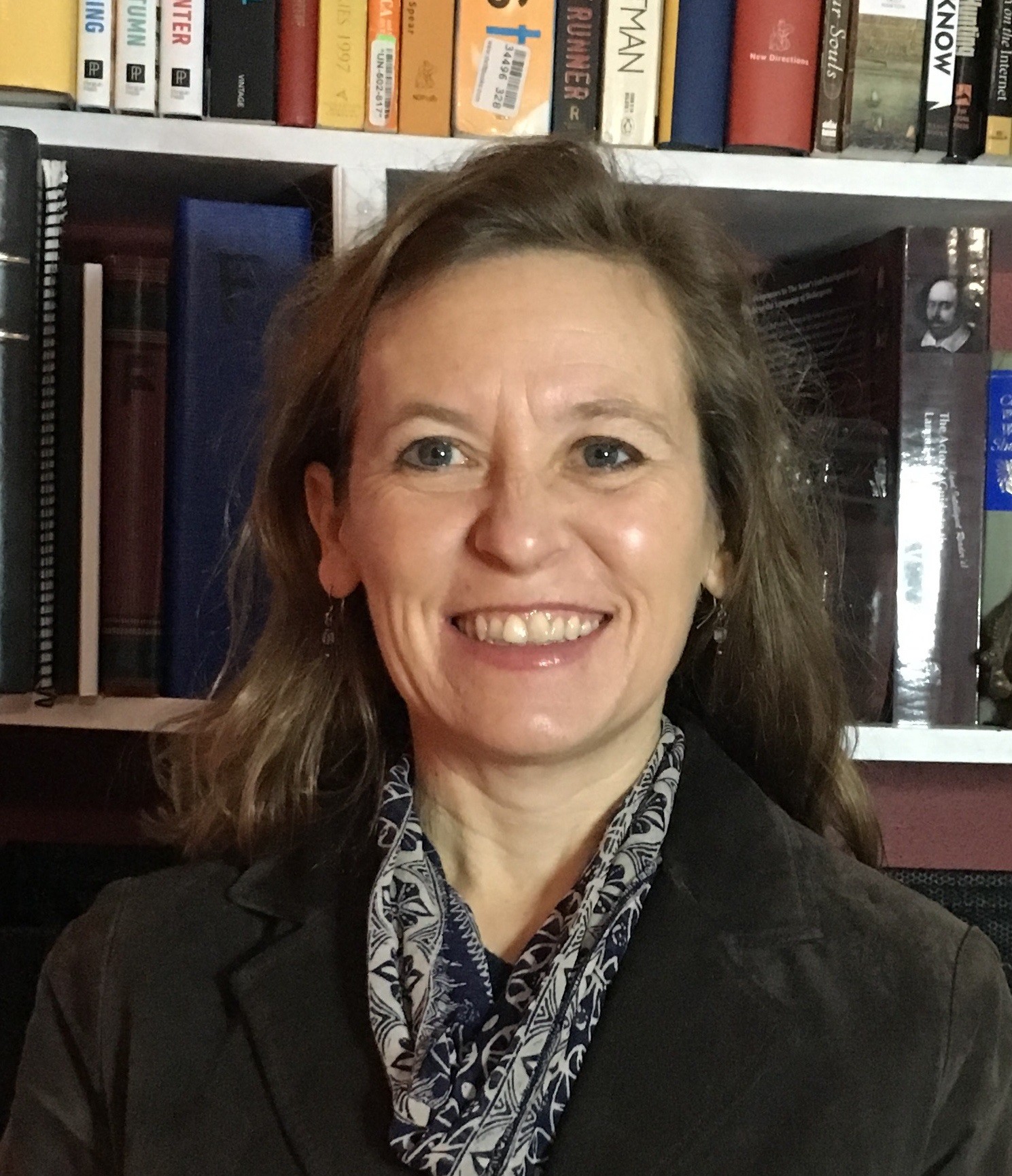We are pleased to welcome Dr. Burns as Visiting Faculty for the NIDA HEALing Communities Study.

We are pleased to welcome Dr. Marguerite Burns as Visiting Faculty for the NIDA HEALing Communities Study, a four-year NIDA-funded study to develop and test a County-system Hub and Spoke Empowerment model to reduce the incidence of fatal overdoses in sixteen heavily impacted counties in New York State.
Dr. Nabila El-Bassel, Primary Investigator, University Professor, and Director of SIG, says,
I am very pleased to welcome Dr. Burns to the HEALing Communities study team as visiting faculty. Her extensive research background in both substance use and the justice system will be a huge asset to our efforts to reduce opioid overdose deaths by 40% in four years.
Dr. Marguerite Burns is an associate professor in the Department of Population Health Sciences at the University of Wisconsin’s School of Medicine and Public Health and Faculty Affiliate of the UW-Institute for Research on Poverty. She holds a Ph.D. in Population Health Sciences from the University of Wisconsin, where she studied health services research and health economics. Her research interests concern health policy and health economics particularly in understanding the consequences of public health insurance design on individual health and health care use, interactions with other public welfare programs, labor market outcomes, and public resource use.
Dr. Burns will be collaborating on the NIDA HealIng Community study with Dr. El-Bassel and the investigative team. Of this collaboration, Dr. Burns says,
I look forward to working with, and learning from, new colleagues in the HEALing Communities Study and the Criminal Justice Initiative. Both of these SIG research projects relate to my current research on the role that Medicaid coverage plays in influencing post-incarceration health and welfare outcomes for adults with substance use disorders.
The focal projects for her faculty sabbatical include an examination of the role of Medicaid coverage on post-incarceration health, employment and reincarceration particularly among adults with substance use disorders, and the development and assessment of common metrics for opioid use disorder treatment prevalence and quality within a multi-state Medicaid research network. She holds leadership positions in several national efforts to strengthen the evidence-base that informs Medicaid program design and policy-making. Dr. Burns says,
I am delighted to have the opportunity to spend the year with you.
Her work has been funded by the National Institute of Mental Health, the National Institute on Drug Abuse, the National Institute on Alcohol Abuse and Alcoholism, the Institute for Research on Poverty at the University of Wisconsin, the Retirement Research Center of the National Bureau of Economic Research, and the State of Wisconsin Department of Health Services.
